transcranial magnetic stimulation mechanism
The main mechanisms by which tACS influences brain physiology has been attributed to frequency specific entrainment. Many studies have shown that repeated transcranial magnetic.

Repetitive Transcranial Magnetic Stimulation In Depression Protocols Mechanisms And New Developments Sciencedirect
Pelliciarri 2013 Dorsolateral prefrontal transcranial magnetic stimulation in patients with major depression locally affects alpha power of REM sleep Babbs 2014 A compact theory of.

. Transcranial magnetic stimulation TMS is a non-invasive way to investigate cortical excitability via magnetic stimulation of the brain. Here we aimed to dissociate these putative stopping mechanisms physiologically using single-pulse. The Blue Cross and Blue Shield Association performed an extensive literature review to.
Repetitive transcranial magnetic stimulation rTMS hereafter simply TMS is a Food and Drug Administrationcleared treatment for. Transcranial magnetic stimulation TMS is unique among the current brain stimulation techniques because it is relatively non-invasive. TMS markedly differs from vagus nerve.
Transcranial Magnetic Stimulation for Depression October 2009 In Press April 2011. Transcranial Magnetic Stimulation. The human brain can be stimulated by electric shocks or by brief intense magnetic fields.
The latter cause only a trivial scalp sensation. Transcranial magnetic stimulation TMS provides a non-invasive method of induction of a focal current in the brain and transient modulation of the function of the targeted. The basic principle of TMS is the application of short.
Repetitive transcranial magnetic stimulation rTMS has become an increasingly popular tool to modulate neural excitability and induce neural plasticity in clinical and. Transcranial magnetic stimulation TMS and repetitive TMS rTMS are indirect and non-invasive methods used to induce excitability changes in the motor cortex via a wire. Transcranial magnetic stimulation TMS is an emerging non-in- vasive brain stimulation technique that has an established therapeutic role in major depressive disorder MDD Kedzior.
TMS transcranial magnetic stimulation is a non-invasive neuromodulation technique. Transcranial magnetic stimulation uses a rapidly changing magnetic field to induce current in brain tissue non-invasively. It has a very direct influence on brain physiology.
Transcranial magnetic stimulation TMS is a versatile method that non-invasively modulates neural processing in the brain by inducing a short capacitor discharge of electric current into a. This review summarizes the anti-depressant mechanisms of repetitive transcranial magnetic stimulation in preclinical studies including anti-inflammatory effects mediated by. Transcranial Alternating Current Stimulation.
It is common procedure in both clinical and. This could engage a selective rather than global suppression mechanism. TMS is currently a valuable tool that can help us.
The dorsolateral prefrontal cortex is a key structure for the top-down control of working memory processes. Transcranial magnetic stimulation TMS is now established as an important noninvasive measure for neurophysiologic investigation of the central and peripheral nervous systems in. Magnetic and electrical transcranial brain.
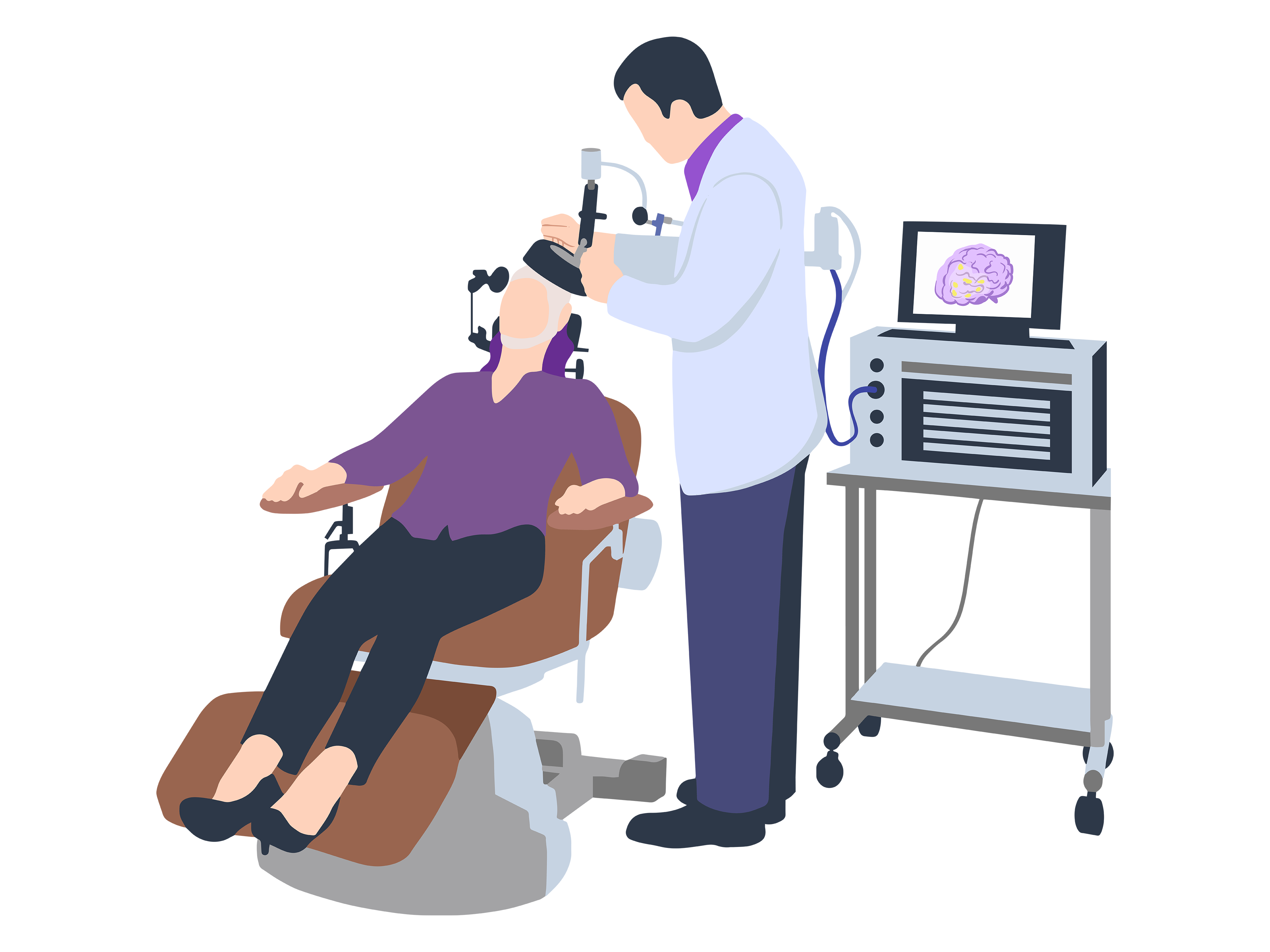
What Is Transcranial Magnetic Stimulation Tms

Transcranial Magnetic Stimulation For Depression Review Of The Evidence

Pdf Transcranial Magnetic Stimulation As A Therapeutic Tool In Psychiatry What Do We Know About The Neurobiological Mechanisms Tobias Welt Academia Edu

It S Time To Get Deep Tms Bioscope

Transcranial Magnetic Stimulation Methods Clinical Uses And Effects On The Brain Nova Science Publishers
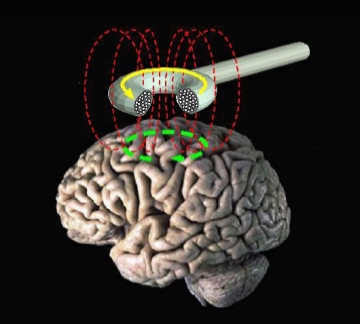
Transcranial Magnetic Stimulation Wikipedia

Transcranial Magnetic Stimulation Disrupting Neural Activity To Alter And Assess Brain Function Journal Of Neuroscience

Default Mode Network Mechanisms Of Transcranial Magnetic Stimulation In Depression Biological Psychiatry
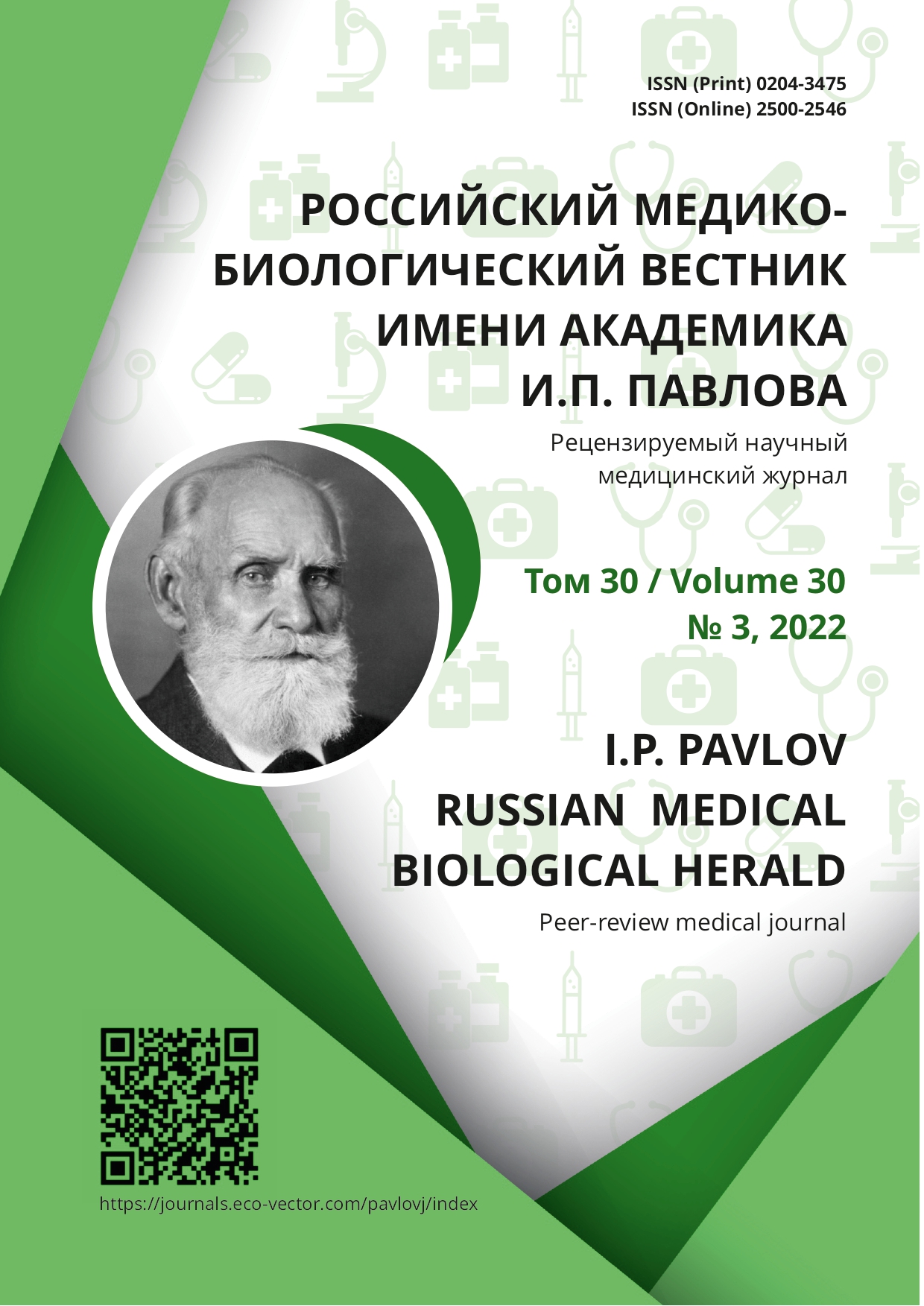
Neurobiological Mechanisms Of Transcranial Magnetic Stimulation And Its Comparative Efficacy In Tension Headache And Migraine Sorokina I P Pavlov Russian Medical Biological Herald
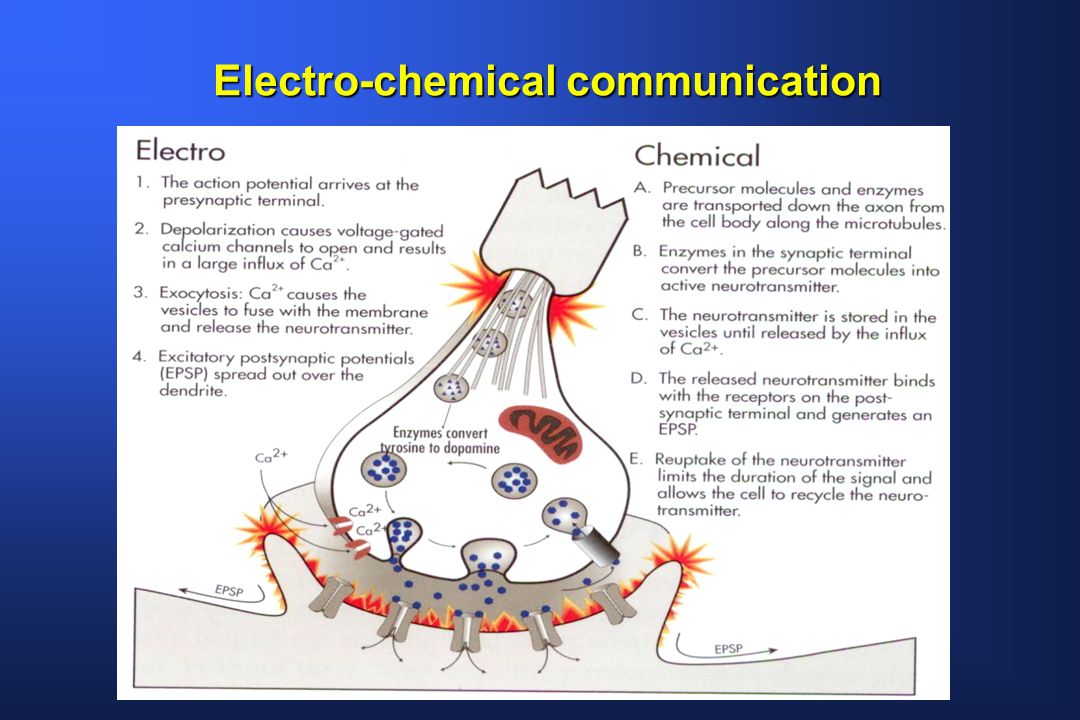
Repetitive Transcranial Magnetic Stimulation Rtms Ppt Video Online Download
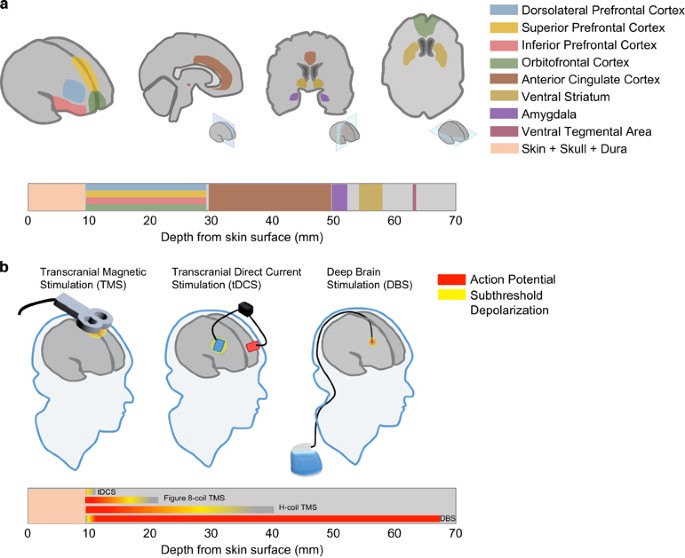
Brain Stimulation In Addiction Neuropsychopharmacology

Using Brain Imaging To Improve Spatial Targeting Of Transcranial Magnetic Stimulation For Depression Biological Psychiatry
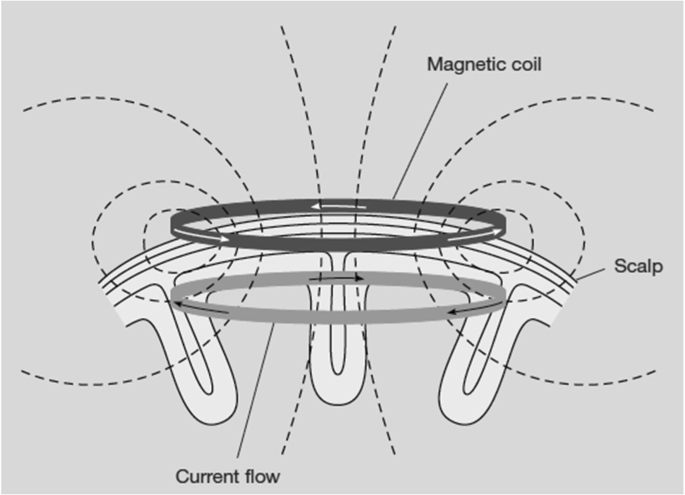
Transcranial Magnetic Stimulation As Treatment In Multiple Neurologic Conditions Springerlink
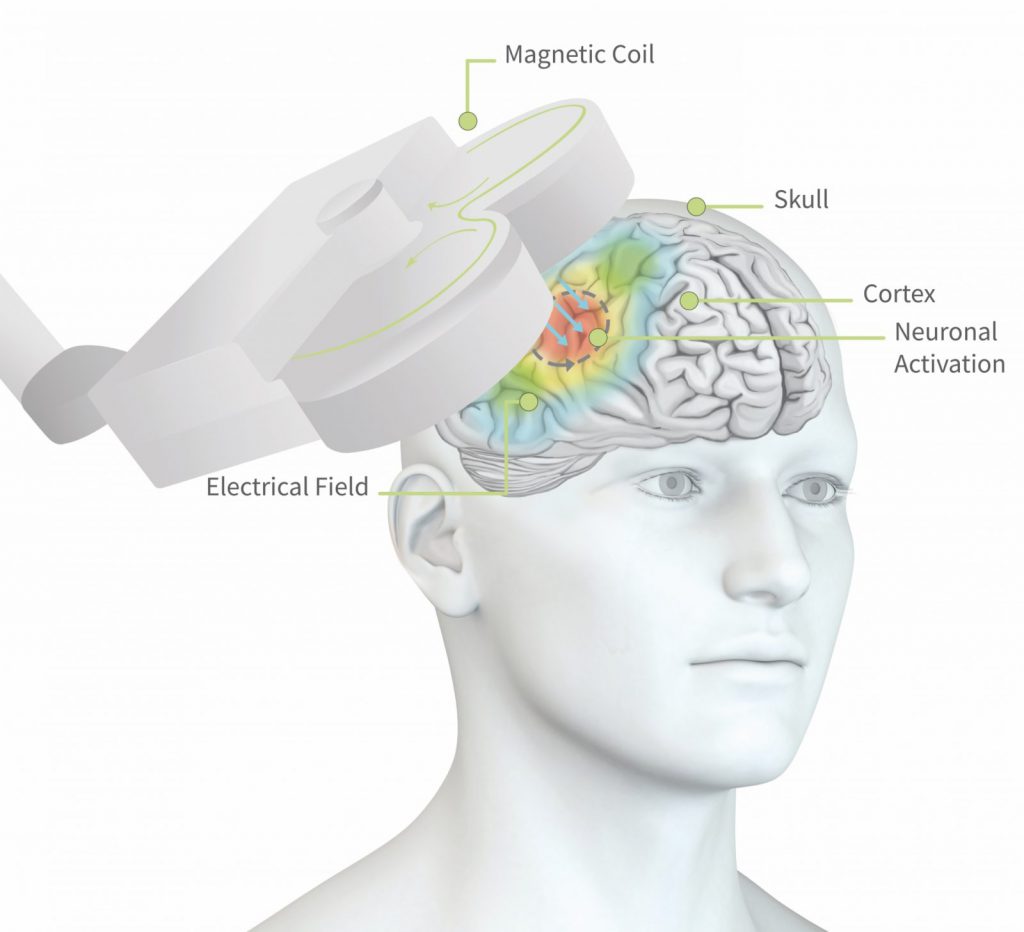
Rtms Repetitive Transcranial Magnetic Stimulation And Depression Brainclinics

Transcranial Magnetic Stimulation In Exploring Neurophysiology Of Cortical Circuits And Potential Clinical Implications Indian Journal Of Physiology And Pharmacology
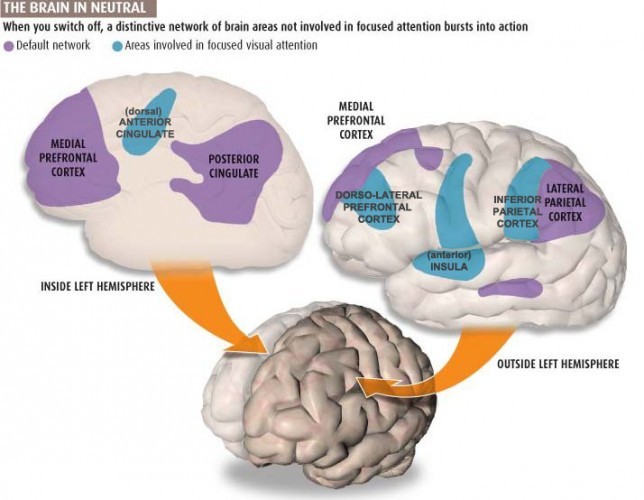
Default Mode Network And Depression Treatment Ketamine And Tms Gateway Psychiatric

Interrogating Cortical Function With Transcranial Magnetic Stimulation Insights From Neurodegenerative Disease And Stroke Journal Of Neurology Neurosurgery Psychiatry

Mapping A Pathway To Improved Neuropsychiatric Treatments With Precision Transcranial Magnetic Stimulation Science Advances
